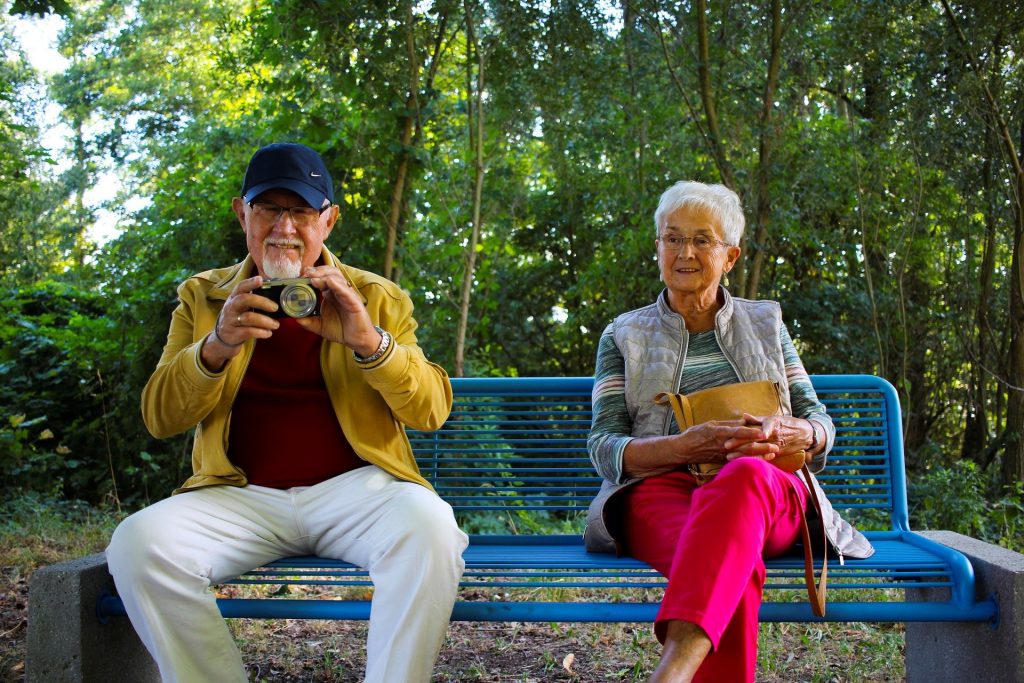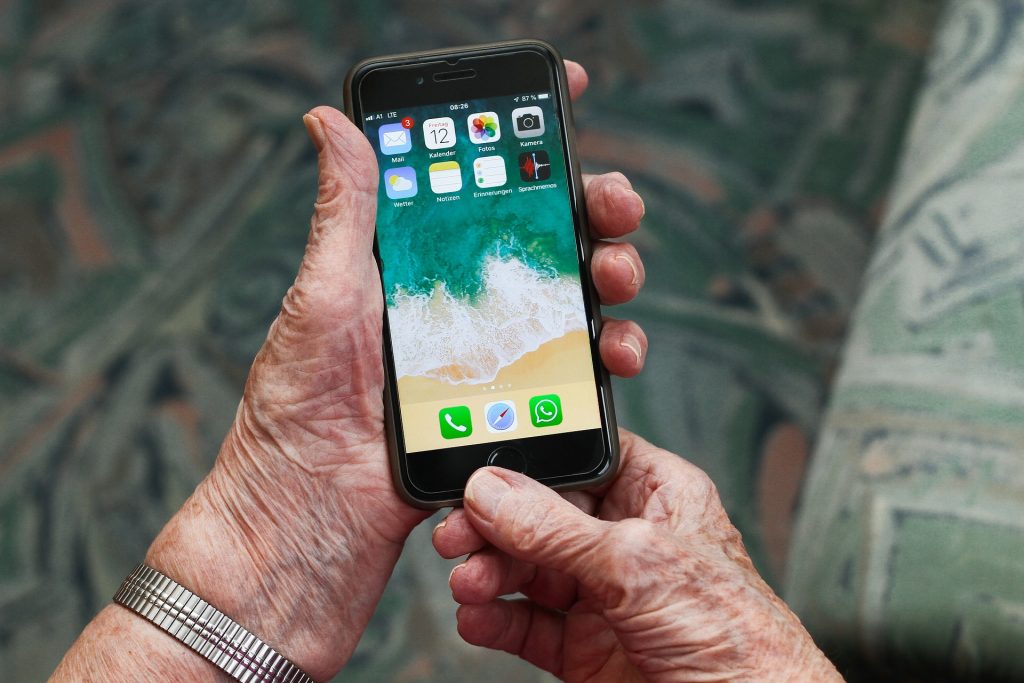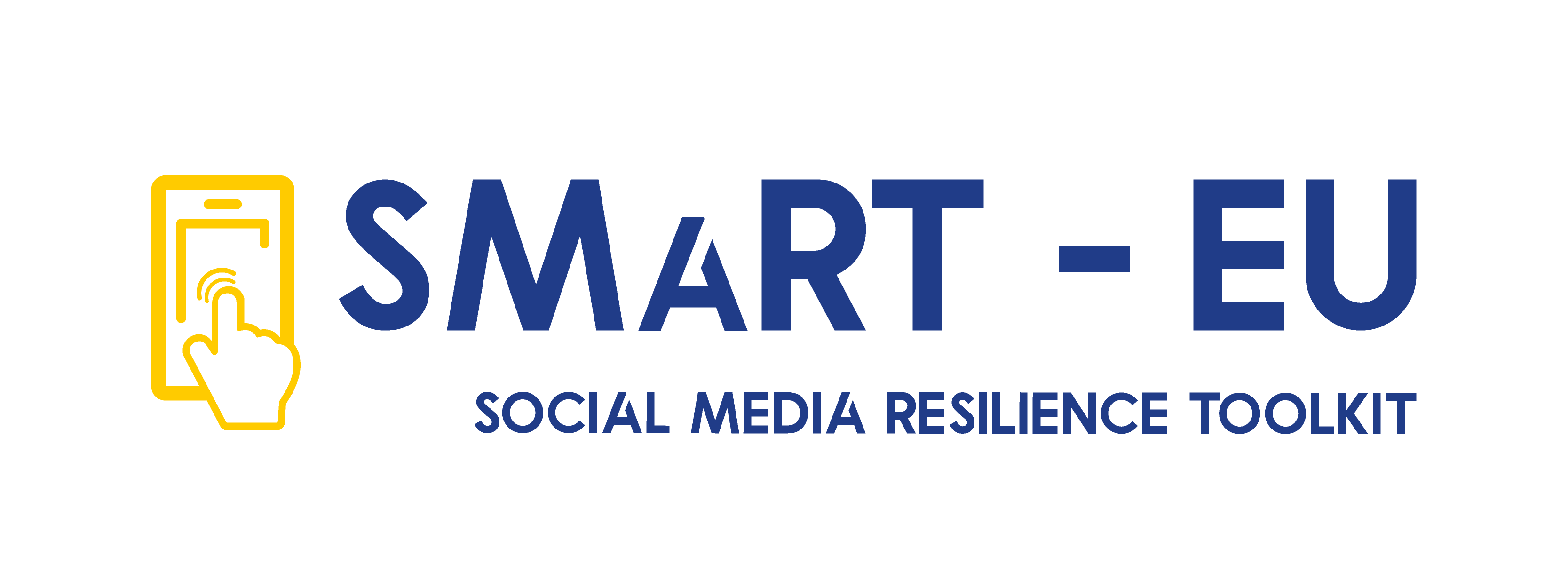Field Notes – Mediawijs

The Workshops
In Belgium we created a partnership with 2 organisations: one organisation works with youngsters as volunteers, training them in media education so that they in their turn can provide information to an often elderly group of participants, the other organisation is one of the biggest organisations for elderly people in Flanders, Belgium.
The elderly organisation indicated that during the lock down it was hard to keep in touch with their members, but also that they receive questions on digital tools and on safety online. Their wish was to create a group of elderly people who could assist and inform their peers.
So we created 2 trajectories of 3 workshops where the eldery volunteers were informed and coached by the youngster volunteers and professionals of Imec in information and misinformation online, but also on techniques on how to transfer this knowledge to their peers.

The Focus Groups
Finding participants for these focus groups was not easy, Mostly because of the technical aspect of organising these online and this during a heath crisis. We tried to be creative and organised a focus group outdoors for example where one of the grandchildren set up a laptop on a 4g network. So that the grandparent didn’t have to think about the technical aspects and it was safer in the outdoor environment.
We mostly found participants in our own personal sphere, because the element of confidence was quite important.
- I find that you always learn something extra and often surprising things by doing these kinds of workshops and focus groups. I also really like to see the exchange between the participants and see how they get each other to think about certain topics.
In a conversation with an expert on deep fakes we talked about the kind of legislation we need to counter these “new” phenomena. The expert explained that often we don’t need new legislation, we just need to implement the existing legislation. He gave the example of image ownership legislation and that deep fakes mostly don’t have the rights to use these images.
- I think the thing that surprised me the most out of these focus groups was how critical the older people were towards traditional media. I assumed that most of them consider traditional news sources like newspapers and tv to be trustworthy. But when I listened to them I discovered that often this was not the case. Saying things like ”journalists are not thorough enough when checking their sources and so they publish fake news”. This resulted in participants who no longer know who or what to believe, which sometimes resulted in a complete disinterest in news.
Considering the circumstances (pandemic) I wouldn’t change anything. If this would have been without a pandemic, of course conduct the workshops and focus groups face-to-face. And spend some more time listening and understanding how older people consume news and how/if they use social media. And what might help them to navigate this new world.

